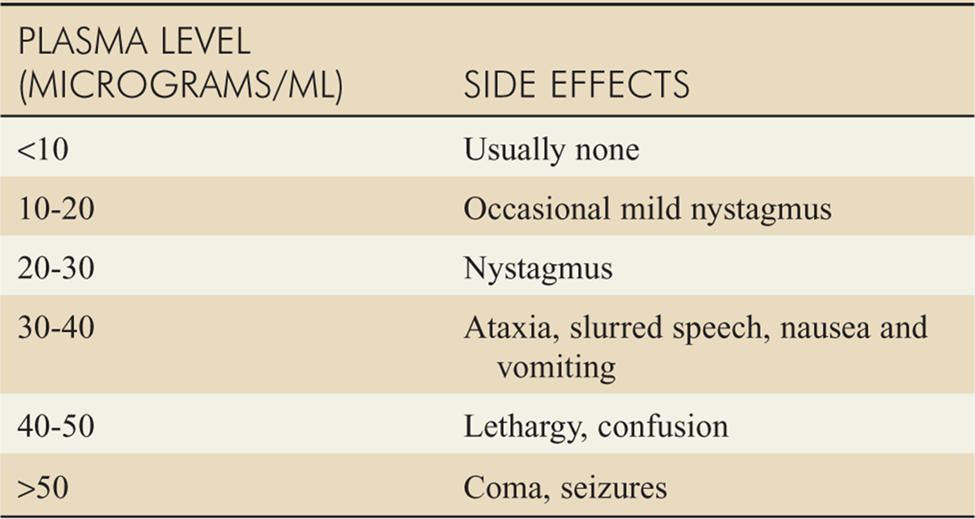A client with myasthenia gravis is experiencing a cholinergic crisis. Which symptoms are associated with this condition? (Select all that apply.)
Bradycardia
Rash
Vomiting
Fever
Drooling
Correct Answer : A,C,E
A. Bradycardia
Bradycardia (slow heart rate) is a symptom of cholinergic crisis. Excessive stimulation of acetylcholine receptors can lead to bradycardia.
B. Rash
Rash is not typically associated with cholinergic crisis. Instead, it may be associated with other conditions or drug reactions.
C. Vomiting
Vomiting is a symptom of cholinergic crisis. Excessive stimulation of the gastrointestinal tract by acetylcholine can lead to increased gastrointestinal motility and nausea/vomiting.
D. Fever
Fever is not typically associated with cholinergic crisis. Instead, it may suggest an infection or other inflammatory condition.
E. Drooling
Drooling is a symptom of cholinergic crisis. Excessive stimulation of salivary glands by acetylcholine can lead to increased salivation and drooling.
Nursing Test Bank
Naxlex Comprehensive Predictor Exams
Related Questions
Correct Answer is D
Explanation
A. Administer the dose since the patient is not toxic.
This is not the appropriate action. With a drowsy patient and a high serum phenytoin level, there is a concern for toxicity. Administering the next dose could worsen the toxicity.
B. Contact the provider to discuss decreasing the phenytoin dose.
While adjusting the dose may be a consideration, the immediate action should be to withhold the next dose and report the elevated level to the healthcare provider. The provider can then determine the appropriate course of action.
C. Give the drug and monitor closely for adverse effects.
Giving the drug without further intervention is not appropriate when there are signs of potential toxicity, such as drowsiness. Monitoring alone is not sufficient in this case.
D. Report drug toxicity to the providers.
This is the correct choice. With a drowsy patient and a serum phenytoin level of 18 mcg/mL, which is considered high, reporting the drug toxicity to the healthcare provider is the immediate and appropriate action. The provider can then determine the next steps, such as adjusting the dose or ordering additional tests.

Correct Answer is ["C","D"]
Explanation
A. Administer morphine 1-2 mg IV
Administering morphine is not a preventive measure for spinal headaches. It may be considered for pain relief if the patient experiences discomfort after the effects of spinal anesthesia wear off.
B. Ambulate the client as soon as she gets feelings back
Ambulating the patient too soon after spinal anesthesia is generally not recommended. Staying in bed initially helps prevent complications like spinal headaches.
C. Increase fluid intake
Adequate hydration is important after spinal anesthesia to help maintain cerebrospinal fluid volume. Increasing fluid intake can reduce the risk of developing a spinal headache.
D. Encourage the patient to stay flat in bed
Remaining in a flat or slightly elevated position helps minimize cerebrospinal fluid leakage from the puncture site, reducing the likelihood of developing a spinal headache. This position is typically recommended for a specific duration after spinal anesthesia.
E. Position the client in high Fowler's position
Placing the patient in high Fowler's position (sitting upright) may increase the risk of cerebrospinal fluid leakage, potentially leading to a spinal headache. This position is not recommended for preventing spinal headaches after spinal anesthesia.
Whether you are a student looking to ace your exams or a practicing nurse seeking to enhance your expertise , our nursing education contents will empower you with the confidence and competence to make a difference in the lives of patients and become a respected leader in the healthcare field.
Visit Naxlex, invest in your future and unlock endless possibilities with our unparalleled nursing education contents today
Report Wrong Answer on the Current Question
Do you disagree with the answer? If yes, what is your expected answer? Explain.
Kindly be descriptive with the issue you are facing.
